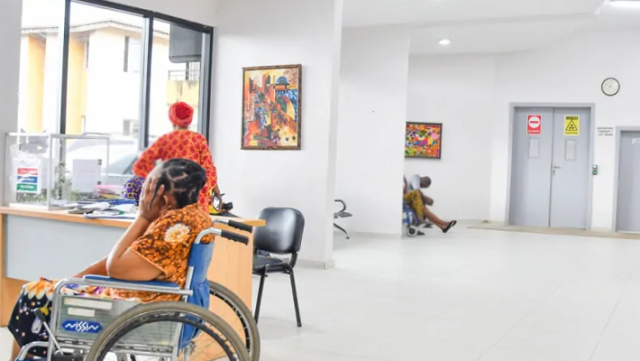OSUN, Nigeria (NAN) - Paediatricians have addressed widespread myths surrounding childhood cancer, notably the misconceptions that it is contagious or inevitably fatal.
During an interview in Osogbo on Monday, paediatricians highlighted the public's insufficient understanding of cancer in children. Oyetoke Oderanti, a consultant paediatrician at Osun State University Teaching Hospital, explained that misconceptions about childhood cancer arise from a lack of awareness.
"Many people believe that children, due to their innocence, should be exempt from such grave illnesses. This is not true. Tumours or cancers can affect anyone who is genetically predisposed, with certain environmental factors also contributing," stated the doctor.
She noted that the most prevalent types of childhood cancer include lymphoproliferative diseases, blood cancers (such as leukaemias and lymphomas), and solid tumours.
She emphasized that many cancer cases are misdiagnosed, leading to underreported statistics.
"Numerous children in low- and middle-income countries, like ours, succumb to cancer, significantly contributing to under-five mortality rates. The survival rate stands at about 20 percent, with roughly 200,000 cases diagnosed annually," she mentioned.
Ms. Oderanti advised that children diagnosed with blood cancer should receive blood medication, although she pointed out that "these medications are not readily accessible." She indicated that the best facilities for cancer treatment are tertiary and teaching hospitals. While there is no dedicated screening center, Nigeria has the National Institute for Cancer Research and Treatment in Abuja, which advocates for early screening.
To improve awareness of childhood cancer, Ms. Oderanti suggested using jingles on radio and television, hosting town hall meetings, and engaging with religious and cultural leaders. She also recommended ongoing training for health workers, especially at primary health centres, which could facilitate early diagnosis and referrals.
Funmi Adesokan, another consultant paediatrician at the Osun State University Teaching Hospital, highlighted early diagnosis as a challenge due to a lack of resources and staff. "Many individuals who first interact with the patient lack the knowledge to recognize the disease. Additionally, diagnosis can be costly and not easily available for patients," she said.
She pointed out complications that can arise during the treatment of childhood cancer, noting, "Radiotherapy facilities in the country are limited. There are no centres offering this service within Osun." She also cited a lack of awareness about childhood cancers, which results in delays in diagnosis and treatment.
"Factors like poverty, vague cancer symptoms, a shortage of diagnostic services in most hospitals, and a lack of skilled personnel pose significant hurdles in managing childhood cancer," she explained.
"The absence of trust in medical care also deteriorates outcomes, as some individuals resort to traditional remedies that do not cure the disease, allowing it to progress to a point of being irreparable," she added.




















